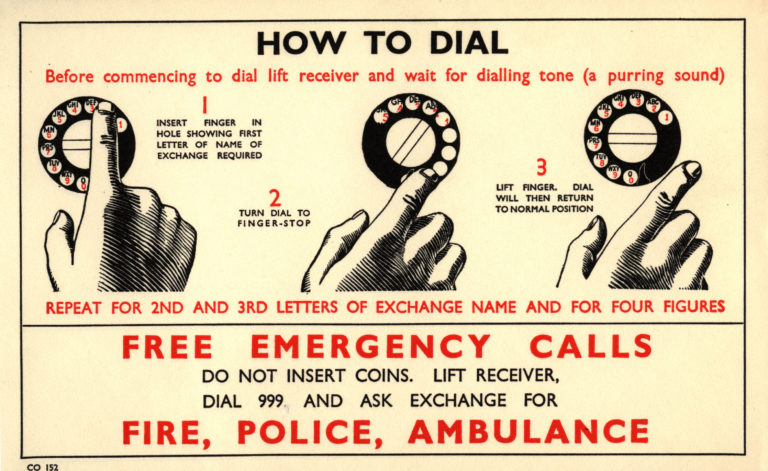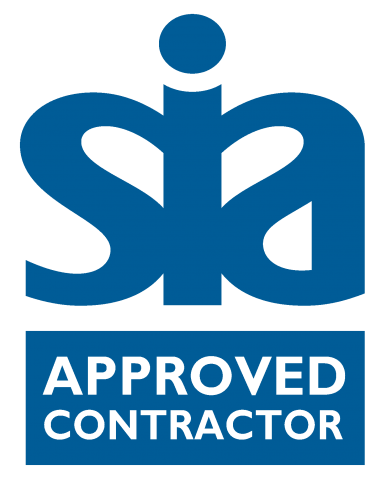Silent Solution 55… how to call for help when you can’t speak

Simply calling 999 won’t automatically get you the police. The emergency services are extremely busy and will only attend when they know the call is real.
When you dial 999 (or 112, the European emergency number) to call the emergency services you will be connected to a BT call centre operator who will ask which service you require. If you don’t answer, they won’t automatically send the Police but will ask you to make a noise, such as a cough, to confirm you are in need of assistance. The reason being that it is very easy to mistakenly make a call on your mobile when it’s in your pocket – we’ve all done it!
But what if you’re in a situation where speaking or making any noise at all could be dangerous to you or others? How can you ask for help? Well the answer is to dial 55. This will inform the system that the call is a real emergency and the Police will be dispatched.
The procedure is called ‘Silent Solutions’ and was started in 2001, although it is still not as widely know about as it should be. After the London terror attacks last year, the guidance was reissued, and it is worth making sure that you and your loved ones know what to do should you find yourself in such a situation.
EmergencySMS
There is also an emergency SMS procedure. Set up to assist those hard of hearing or with speech difficulties, it will allow you to send a text message to the emergency services. To use this your phone will need to be registered so it’s worth doing now, rather than waiting until you need it!
In an emergency: Text 999 and provide the following information:
- Who? Police, Ambulance, Fire and Rescue or Coastguard.
- What? Briefly, what is the problem.
- Where? Exactly where the problem is happening – give the name of the road, house number, postcode or nearby landmark, if possible.
The history of 999
The emergency services number, 999, was 80 years old last year. Set up in 1937 in London following a house fire in which 5 women died. The Belgrave Committee investigating the incident felt there should be one number that was easy to remember and would alert the emergency services across the country. It should also be a number that was free of charge, so no money would be needed for a call box.

These days most people have their own mobiles and 62% of calls come from mobile phones.
The first week the service was in operation there were 1336 emergency 999 calls. Within a month the number had risen to 13,000 and today the BT 999 call centre handles about 30 million emergency calls every year!
35% of 999 (or 112) calls are not real emergencies, but children playing or people misdialling – which is why the Silent Solution 55 procedure is so important. If the police attend every mistaken call they won’t have the resources available to deal with the real emergencies.






